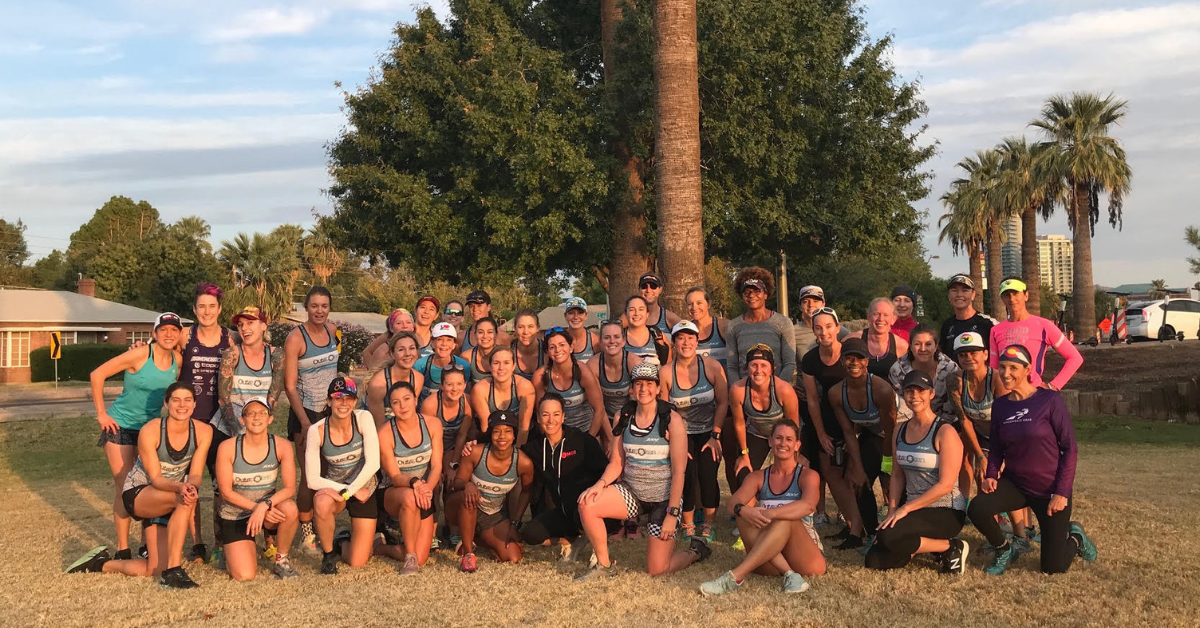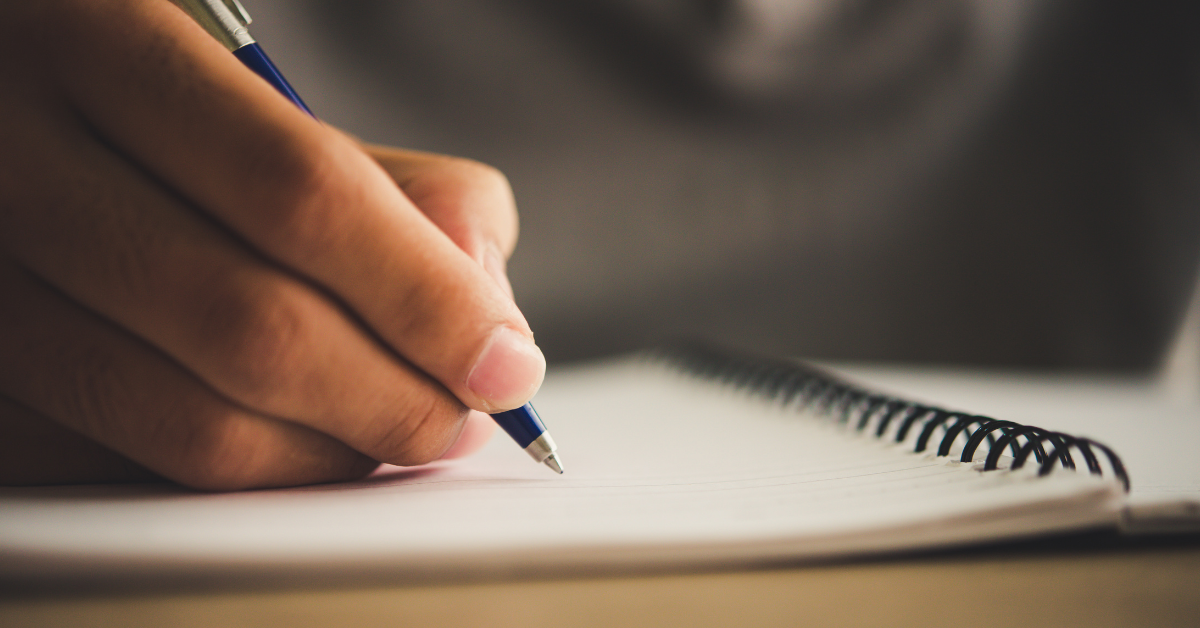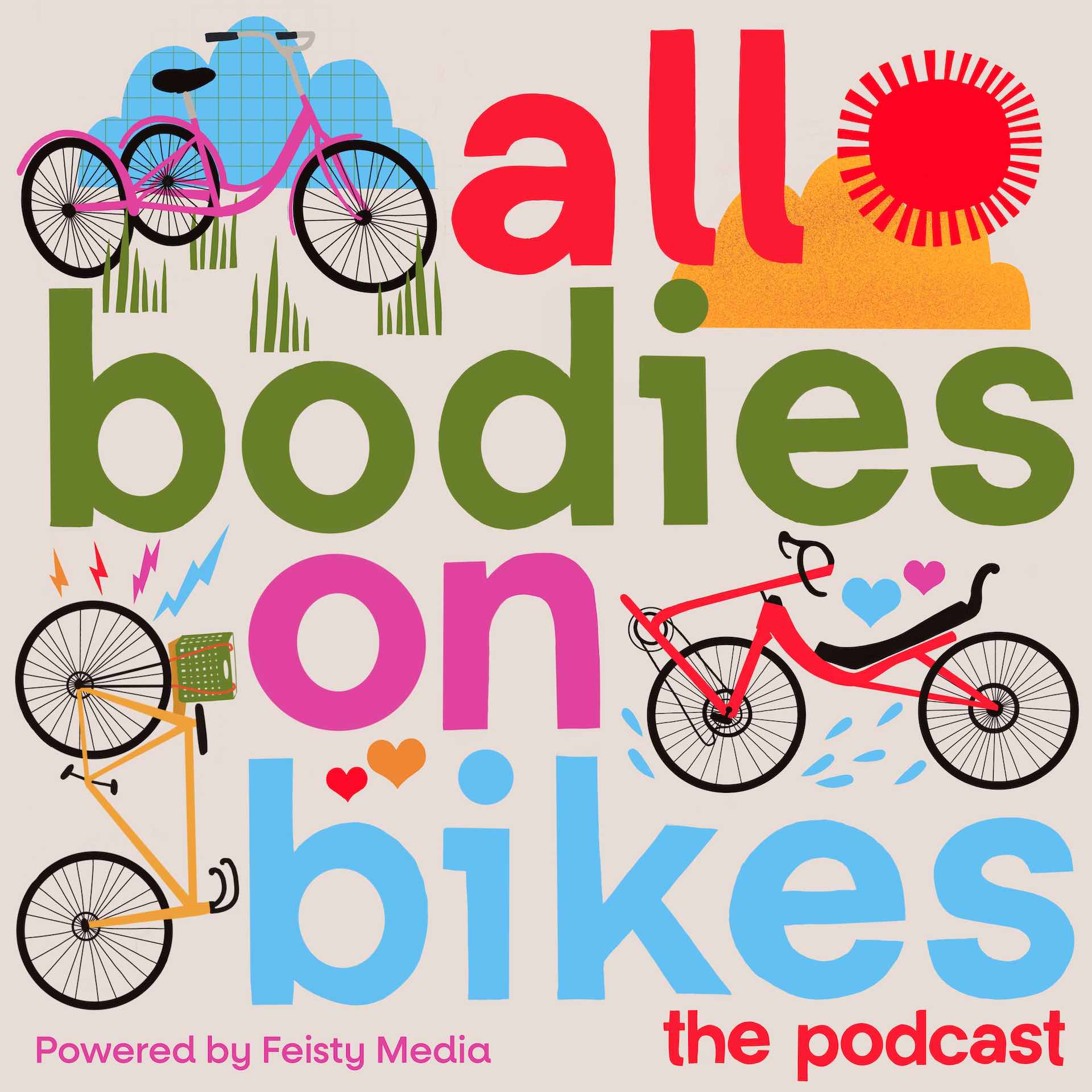April 9, 2021
Pandemic Burnout: The Toll on Women in Sport

As we blaze into the 14th month of the global pandemic with many countries deep into their 3rd or 4th wave, it is clear that it is taking a toll on everyone, mentally and physically. Pro triathlete and personal performance & development coach Caroline Livesey dives into how women across the globe are being disproportionately affected by the growing burden of living through a global health crisis.
By: Caroline Livesey
You’ve heard of the gender pay gap, but did you know that there is also a gender stress gap? Unfortunately, the current pandemic appears to have influenced both to our collective female disadvantage.
Women from nearly 40 countries were interviewed last September by CARE and the study confirmed what was already suspected; that the global healthcare crisis has served to “widen the gender gap and reverse decades of progress across women’s health, nutrition and economic stability”. It is unlikely that the situation has improved as the pandemic has extended.
Women were already twice as likely to suffer from severe stress and anxiety as men, according to a 2016 study published in The Journal of Brain & Behavior. The CARE study shows the number of women reporting declining mental health as a result of COVID is now three times that of men. In fact, 27% of women interviewed admitted to suffering with severe stress, anxiety, or another mental health struggle.
Sadly, experts do not think these difficulties will subside as the pandemic recedes. Previous studies of mental health disorders following crises, such as the 2008 global financial crisis, have shown that psychological impacts can last for years after the event itself.
Men are also struggling during this time, with 7 in 10 knowledge workers globally reporting burnout in 2020. But there are countless reasons why women have been more affected than men:
· Women have generally been taking the brunt of increased childcare responsibilities, including home schooling.
· There has been a disparity in income losses amongst women, many of whom were in part time work.
· Increased time at home has generated exponentially more unpaid domestic work, and studies show women do three times more than men.
· The female sense of empathy is keener, but greater empathy is associated with greater incidence of anxiety and depression.
· Hormone fluctuations can often contribute to increased stress levels.
Some of these underlying causes are to do with our global culture. They can, and should, be tackled in the long term to lower the global incidence of female stress and anxiety disorders. But as Victor Frankl wrote
“The last of the human freedoms: to choose one’s attitude in any given set of circumstances, to choose one’s own way.”
Stress and anxiety are not inevitable. We always have a choice.
Socialised to be caregivers
Being busy is basically a badge of honour in western culture. It has somehow become necessary to be (or appear) busy. People who have time to sit still, think, perhaps even do nothing, are somewhat looked down on. Perhaps even branded lazy. Women are socialized to be caregivers, and many put everyone else’s needs before their own.
Making statements like “oh I’m fine, I’m just really busy” seems to make people feel important and successful, while taking time for yourself is associated with guilt and laziness. This is despite perpetual high stress being bad for your health. But being productive and being busy are not the same thing.
What if your honest answer to the question “How are you?” is actually “I give every waking hour to other people, sleep badly, make poor food choices, have mood swings, feel guilty about squeezing in exercise, and I am building resentment towards those I love”. Imagine if you were that candid next time someone asked you how your day was going. Do you think they would advise you to take a break before you burnout?
Pandemic burnout
When you consider the typical prerequisites for burnout; feeling of loss of control, lack of close relationships, prolonged stress associated with an unfamiliar environment, and an unsustainable workload, then it’s hardly surprising the term “pandemic burnout” has been coined.
A loss of work/life separation, coupled with an unmanageable workload (including domestic work), has left the majority feeling they have little time for themselves. But no time to unwind results in a constant state of high stress which, if left untended, can lead to burnout.
Various studies have been conducted worldwide to look at the correlation between exercise and the pandemic. In some countries, in some older age groups, there has actually been an increase in exercise. But most of the studies show that for women, and especially those between 30-40 yrs, the amount of exercise they take has reduced. This is especially true for those who were very active prior to the pandemic. Studies also show that those who reduce their level of physical activity are at the highest risk of depression and mood disorders. Now is certainly not the time to be skimping on your workouts.
This table shows how to spot the difference between stress and burnout.This table shows how to spot the difference between stress and burnout.
I am not suggesting we eliminate all stress from our lives. Occasionally stressful situations force us to grow, or embed a new habit or idea which grows into a genuine opportunity. But “busy-stress” is not the same thing.
Being stressed because you must do the laundry, cook dinner, hit a work deadline and go for a run in the space of the next 20 mins is not helpful. This busy-stress is distracting, unproductive and usually accompanied by resentment. When you stay in this high cortisol state for too long, eventually the brain starts to switch off to protect itself. If every day feels like a bad day, and you feel that nothing you do is recognised or appreciated, then you need to take control. Avoiding burnout has to be a conscious and intentional decision.
Burnout does not happen overnight, but if a perpetually high stress load is not recognised and addressed it does get progressively worse. The good news is that if you pay attention and take positive steps to reduce stress in your life, then you can avoid it all together. As Victor Frankl points out, you always have a choice.

Caroline has been competing as a professional triathlete since 2015 with numerous notable results at Ironman and half ironman distance. In 2019 won the Canadaman XTRI, and was 9th at the Ironman South American Championships (Cozumel). Caroline is also an engineer, and a personal performance & development coach. To learn more about Caroline, visit her website at carolinelivesey.co.uk


 Outspoken Women in Triathlon Summit Returns Bigger than Ever
Outspoken Women in Triathlon Summit Returns Bigger than Ever  Driving the Lamborghini: Productivity and the Power of Paper
Driving the Lamborghini: Productivity and the Power of Paper  5 take aways from the Compete Sports Diversity Summit
5 take aways from the Compete Sports Diversity Summit  Simple Tips to Hone Your Bike Handling Skills
Simple Tips to Hone Your Bike Handling Skills 


